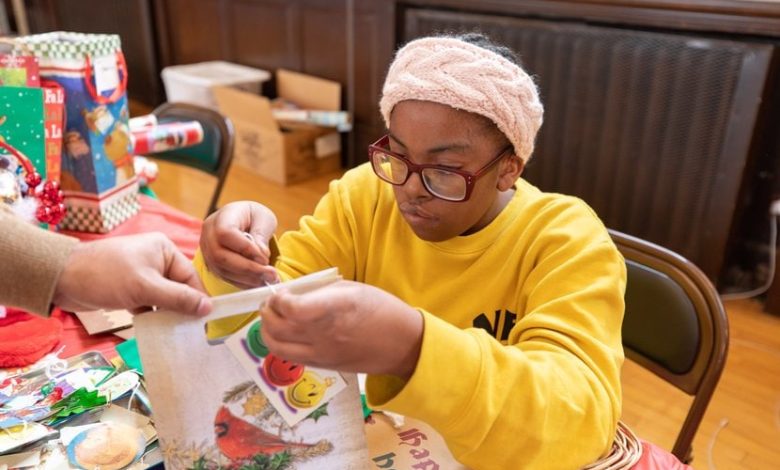Exploring Creative Learning Opportunities for Visually Impaired Seniors

The elderly blind population is one that faces numerous challenges in their day-to-day lives. Unfortunately, these individuals often lack access to reading materials, as many of them are unable to read traditional print resources due to visual impairments. This can leave them feeling isolated and disconnected from the world around them. Additionally, because they cannot easily access written material, they may miss out on important news or events that could otherwise benefit them greatly. Despite this reality, there are still ways for senior citizens with visual impairments to gain knowledge and enjoyment through creative learning opportunities like audio books and tactile books in Braille format. Not only do these provide a means of entertainment and distraction from daily life but also help seniors keep up with current trends or topics by exposing themselves to new ideas and perspectives on various issues.
Types of Books for the Blind Elderly
Audio books are an invaluable resource for the blind elderly. Audio books provide a way to access literature and other written works in easy-to-digest formats that are accessible regardless of visual ability. Many audio books today come with features such as adjustable speeds, chapter navigation, and text highlighting which make them even more useful and user friendly for those with impaired vision. They also offer a much wider selection than physical copies of print publications, allowing seniors to explore topics from classic novels to obscure nonfiction texts without limitations based on availability or cost.
Tactile books can also be incredibly beneficial for blind elderly individuals who want to engage with reading material but may struggle due to their visual impairments. Braille is one type of tactile book format available which uses raised dots arranged into patterns representing letters in order to create words; readers must use their sense of touch rather than sight in order to process the information provided by these types of books. This method allows seniors with impaired vision the opportunity enjoy stories or informational texts at their own pace while still being able to experience all aspects of narrative structure such as plot points or character development like any other reader would. Additionally, tactile books can be produced both quickly and inexpensively making it easier for organizations providing resources specifically geared towards visually impaired populations acquire large quantities at once in order meet demand efficiently and effectively
Where to Find Books for the Blind Elderly
Accessible libraries are a great resource for the blind elderly to access reading materials. Libraries often provide audio books and tactile books in Braille format that can be checked out just like traditional print publications. Furthermore, librarians are also available to help individuals find the appropriate materials as well as assist with any technical issues associated with listening or using Braille formats. Additionally, libraries may even offer free classes teaching seniors how to use special digital devices specifically designed for blind readers which can greatly enhance their experience when accessing audio and tactile texts.
Local organizations are another avenue through which the blind elderly can obtain reading material. Many non-profits have been established with the express purpose of providing resources tailored to visually impaired populations; these organizations typically host online bookstores allowing users to purchase accessible media at discounted prices or sometimes even download them for free depending on availability. In addition, some of these groups may also organize events such as author readings or workshop sessions where attendees learn different techniques aimed at making literature more accessible for those who cannot see it normally.
How to Utilize Existing Resources for Obtaining Books
Organizations dedicated towards aiding the visually impaired can provide helpful resources when it comes acquiring appropriate reading materials for the blind elderly. Many offer programs designed specifically around helping individuals find suitable books; some may even organize book clubs where members meet regularly in order discuss different titles and share personal reactions on them among other readers who have similar interests and outlooks regarding literature. Furthermore, these organizations usually host events such as author readings which not only serve as educational opportunities but also give attendees the chance socialize with one another while engaging in activities related literature appreciation which is beneficial both mentally and emotionally for older adults facing visual impairments
Conclusion
In conclusion, books for the blind provide a great way for elderly individuals with impaired vision to access knowledge and enjoy literature. All the above factors make it clear why having access to appropriate reading material is so important for seniors facing vision impairments—it not only helps prevent feelings of isolation but also encourages cognitive engagement throughout retirement years, making life more enjoyable overall





